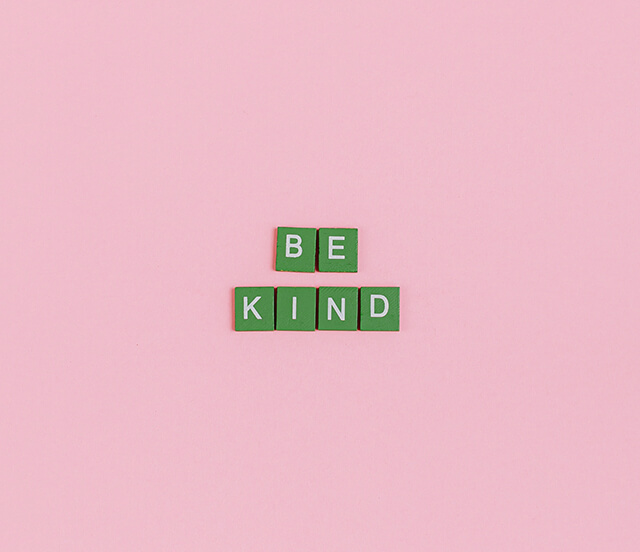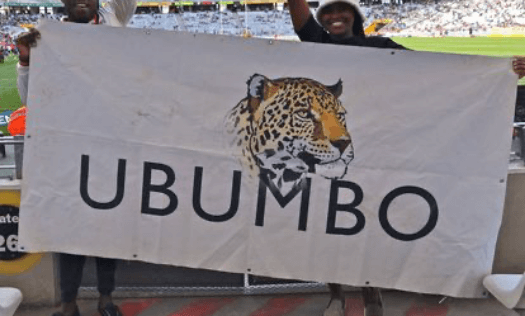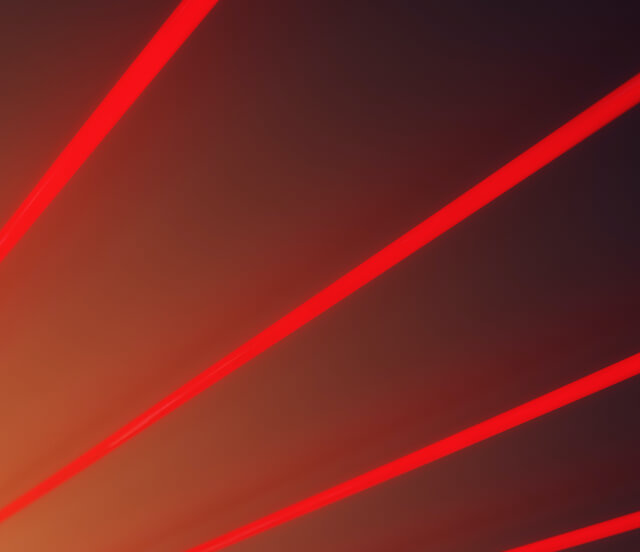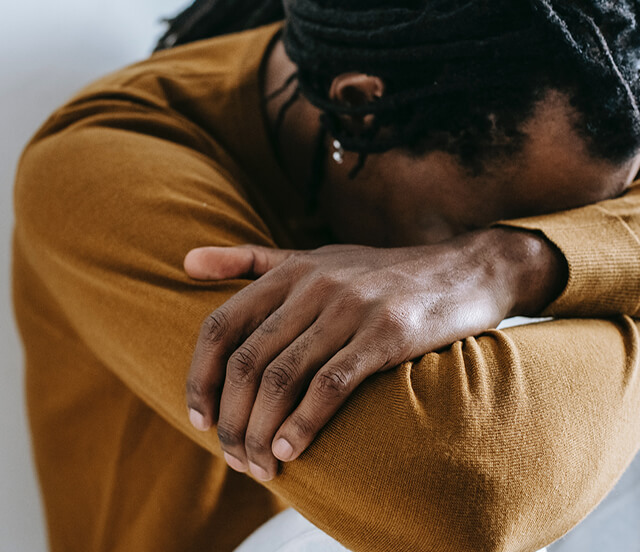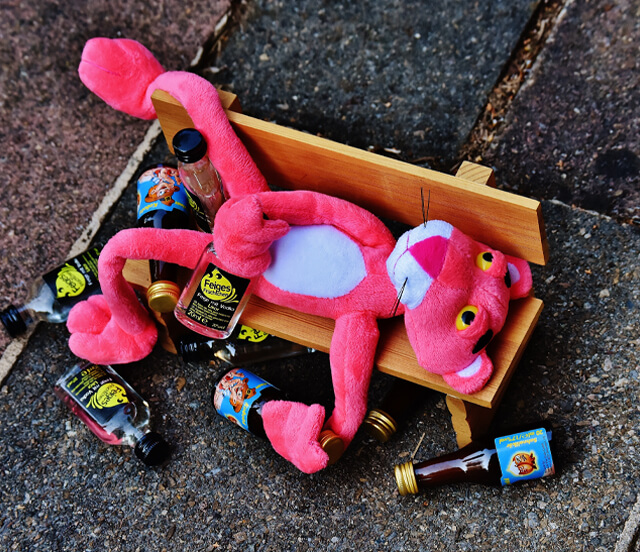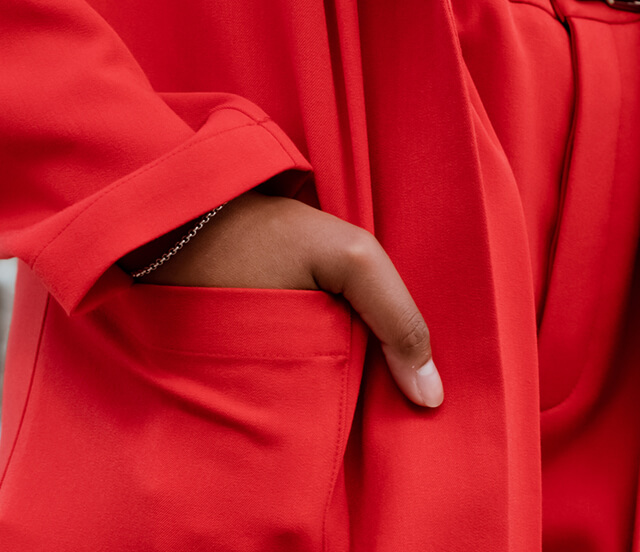by Owona Madlingozi
I write about kindness and self-introspection and I do this because, for the most part, I believe that in order for us to share kindness with the world, and to approach the world with kindness, we need to start by being kind to ourselves.
When we speak of acceptance, upliftment and ally-ship or support of marginalised an oppressed groups of people we tend to focus on this around the categories of race, sex and gender. These conversations are extremely important, and we need to keep having them, and we desperately need to move beyond conversations into change in our societies.
However, I would like to use this article to help equip us with knowledge that will guide us in being more accepting of, and supporting to, communities marginalised due to their disability or special needs. April is World Autism Month, initially created as National Autistic Children’s Week and later evolving into Autism Acceptance Month.
Autism Spectrum Disorder is a lifelong complex developmental condition that affects individuals differently, but is most commonly identified with challenges in social interaction, speech and non-verbal communication. Autism is known as a social communication disorder affecting four major developmental areas:
Language and communication
Social interaction
Thinking and behaviour
Sensory processing
No one is born with full knowledge of all disorders and special needs; and when we lack the knowledge we can sometimes judge and cast aspersions on parents, their children and how, or even if, their children respond to them as well as older autistic individuals.
In some of our communities, early signs of autism displayed in children such as not meeting an adults eyes; not responding to their name when called; not smiling when you smile at them, can be seen as disrespectful, and therefore labelled and dismissed as “umntana ongamameliyo” – directly translated to a child who doesn’t listen but intentioned to labelling the child as disrespectful.
It is important that we understand that we act with negative consequences not because we are ill-intentioned people, but because we do not know better.
How can we, as members of society, as friends and family of autistic individuals help?
First, we learn.
There are so many organisations doing the amazing work of raising awareness and providing support to autistic individuals and their support structures. In South Africa we have Autism Western Cape; Autism South Africa; The Star Academy and Action in Autism among many others. All of these organisations have open access information on autism and how to detect early signs as well as providing guidance on which next steps to take. Autism Western Cape also has an educational course which can equip you with all of the necessary foundational knowledge on Autism Spectrum Disorder.
Then, we practice kindness and patience.
When you encounter “difficult” children, or children you perceive to be “disrespectful”, take a second before you judge. Offer a helping hand. Take a moment to try and have a conversation with the child. It is also important to remember that autistic adults also need the very same empathy, kindness and patience we extend to children. Autism presents differently in different people, but one of the ways it presents is in communication, and so when someone is speaking with a stammer, and repeating themselves and struggling through their words, we may be tempted to finish their sentences for them. Don’t. Show them that you have the patience and understanding to listen and hear them without interrupting and rushing them through their process.
Finally, we create safe spaces.
Families with autistic children and individuals want to be able to enjoy the same luxuries everyone else has: restaurant experiences; outdoor fun days and group activities. However, due to sensory processing issues experienced by autistic individuals, entering overly visually stimulating environments, for example, could do more harm than good. So we need to go back to the first step and learn and then apply what we learn to the spaces we are able to create and curate.
We’re never going to know everything. My hope is that we can commit to learning and unlearning so that our kindness extends far beyond our immediate exposure to all members of our society.

